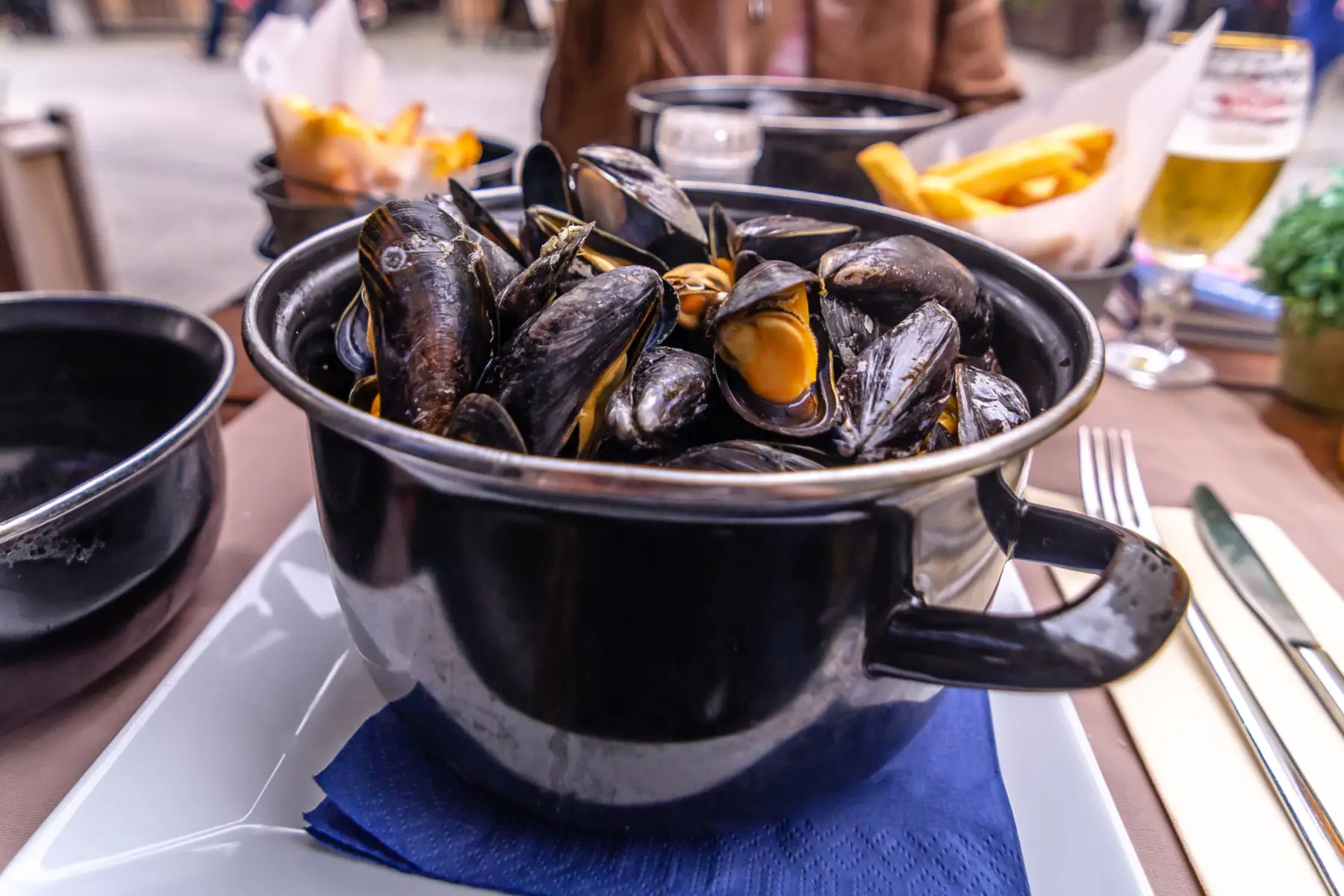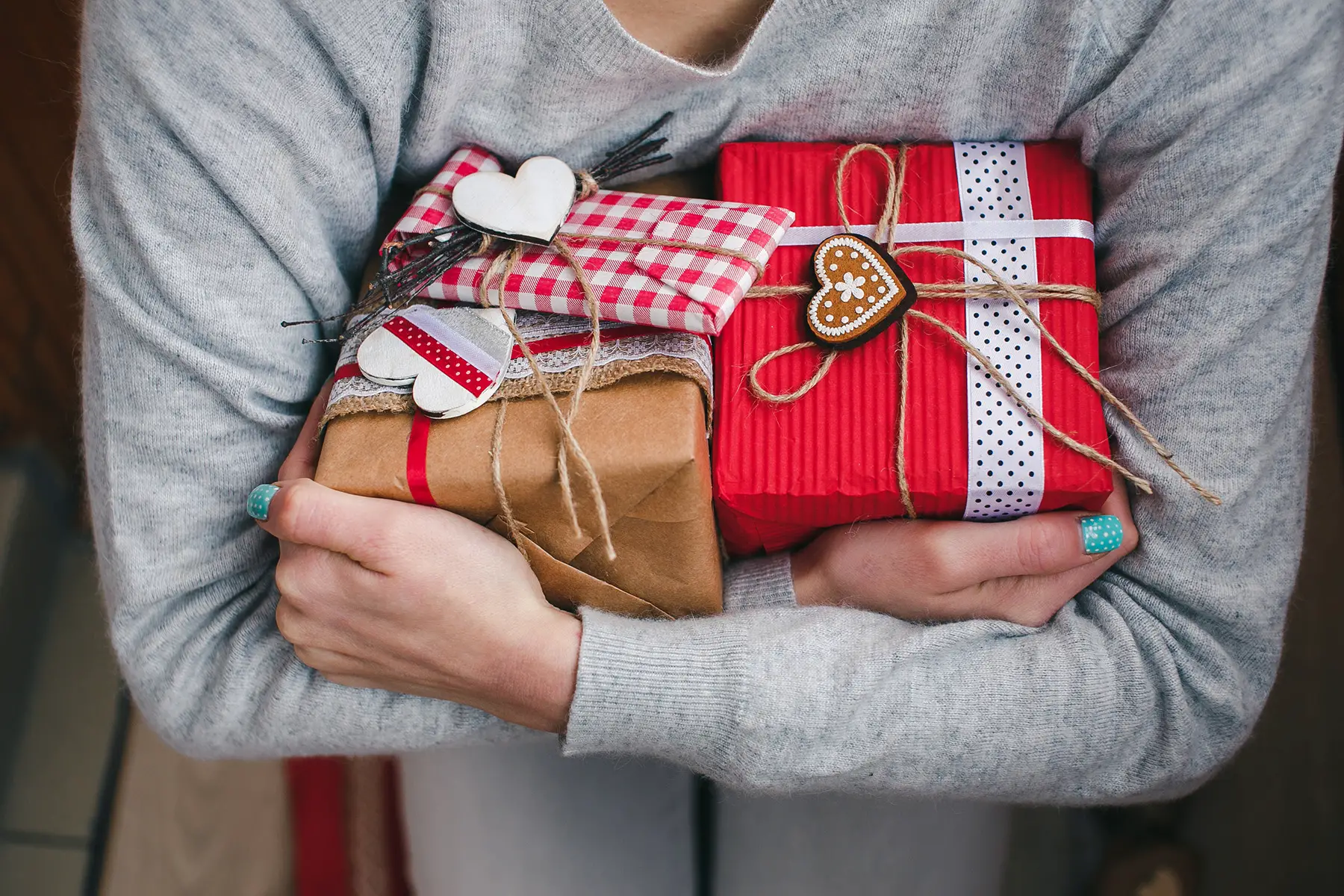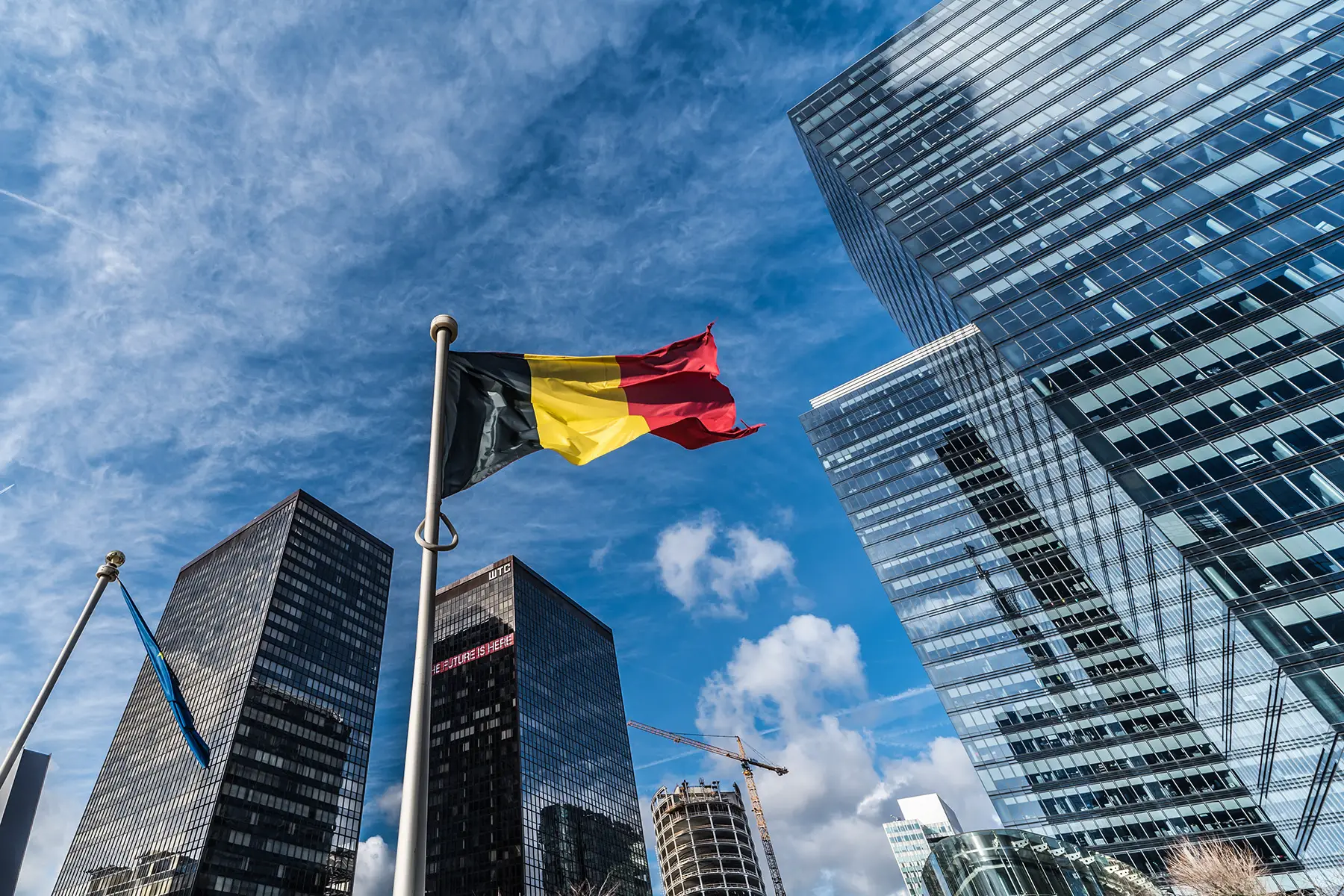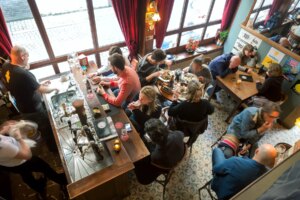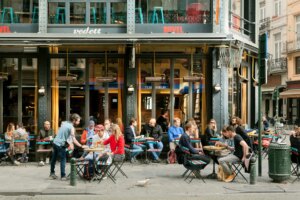If you want to fit in and make friends in Belgium, you’ll have to know your reservedness from your rude behavior. Like everywhere else in the world, the country has specific norms and customs when it comes to social interactions and cultural conduct. This applies to day-to-day interactions, dating, business etiquette, and more.
Here is an overview of what to expect when it comes to social culture and etiquette in the Belgian home, workplace, and beyond.
- Belgian culture and society
- Gender roles in Belgium
- Meeting and greeting etiquette in Belgium
- Conversation and communication etiquette
- Clothing and dress code
- Dining etiquette in Belgium
- Socializing in Belgium
- Relationship etiquette in Belgium
- Celebrations in Belgium
- Work and business culture
- Belgian shopping and services
- Useful resources
Belgian culture and society
Belgium is a densely populated and remarkably diverse country. It is divided into three distinct regional communities with three national languages. There is the Dutch-speaking Flanders in the north, French-speaking Wallonia in the south, and a small region of German speakers in the east.
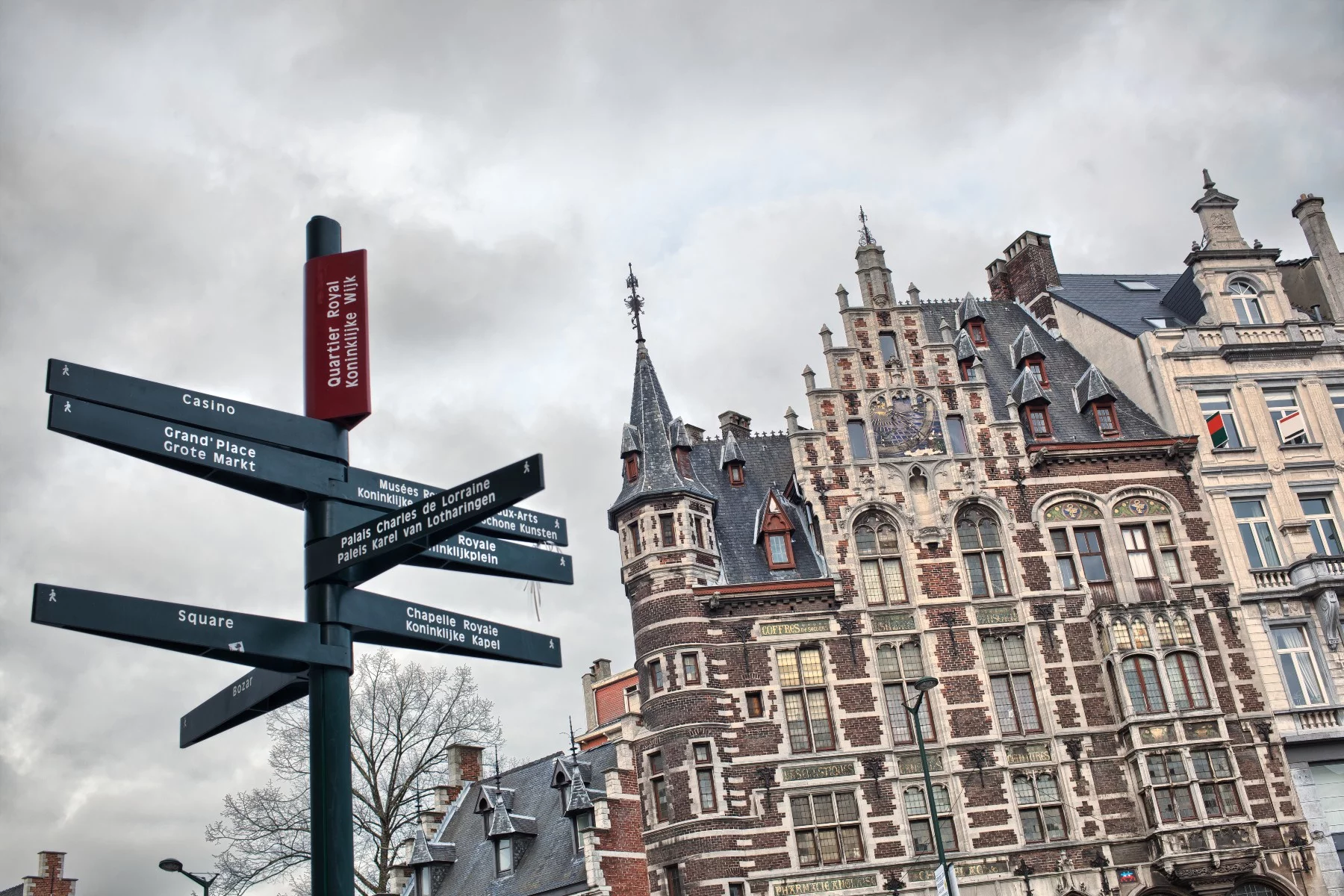
Just over 55% of the population speak Dutch, around 40% speak French, and 1% speak German. The remainder of the population has another first language, such as English, Spanish, Turkish, or Arabic.
Many residents are proficient in English. In fact, Belgium ranked 6th out of 112 countries on the 2021 English Proficiency Index. Only the Netherlands, Austria, Denmark, Singapore, and Norway scored better. Because the country also functions as the multicultural capital home to the European Union (EU), it’s often said that regional and European identity is more important than national identity.
Belgium identifies mostly as a Christian country. According to a 2019 Eurobarometer survey (PDF), just over 64% of Belgians (PDF, p.229) classify as Catholic, Protestant, Orthodox Christian, or just plain Christian. Other responses included non-religious or agnostic (17%), atheist (10%), and Muslim (2%).
The Belgian constitution specifically mentions freedom of religion and prohibits discrimination based on religious beliefs.
Regional variations
Culturally, the three distinct regional communities are heavily influenced by the countries they take their language from (i.e., French, Dutch, and German).
The Brussels-Capital Region is much more multicultural and influenced by the EU institutions that are based in the city.
Gender roles in Belgium
Since the 1980s, Belgium has made strong efforts to promote gender equality in the private and public sectors. In 2002, the country added the guaranteed equality of men and women to the Belgian Constitution.
That same year, the federal Institute for the Equality of Women and Men (Dutch: Instituut voor de Gelijkheid van Vrouwen en Mannen – IGVM, French: Institut pour l’Egalité des Femmes et des Hommes – IEFH) was established. This institution is responsible for guaranteeing and promoting gender equality and combatting any form of gender-based discrimination.
The regional authorities take charge of most policy implementation.
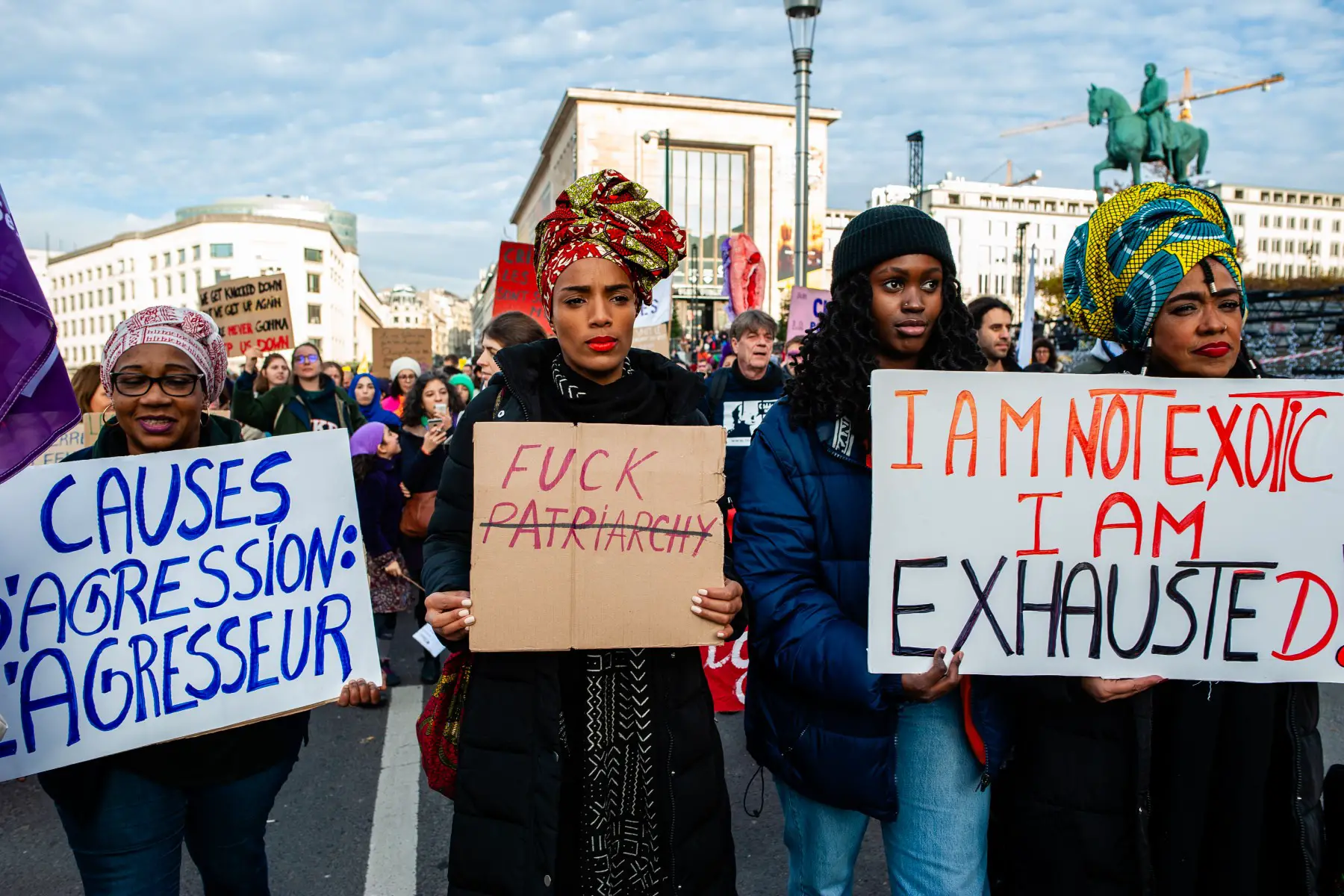
Despite the proactive gender mainstreaming approach, the country still experiences a gender imbalance. For instance, Belgium may have the fifth-lowest gender pay gap in the EU (average is 13%), but women still earned 5.3% less than their male counterparts (2020).
Moreover, there is still a strong tradition of women fulfilling domestic roles rather than professional ones. New mothers get 15 weeks of quasi-paid parental leave, compared to 15 days of fully-paid leave for fathers and co-parents. Furthermore, women still have lower workplace participation rates (almost 65% of women in contrast to 73% of men). They are also more likely to do part-time work (only 72% of women work full-time).
Interestingly, marriage is more egalitarian in Belgium than in many other countries. Both spouses have equal property rights, and women are not obliged to take their partner’s surname.
Sexual harassment and gender discrimination
The legacy of traditional views on masculinity and femininity still echoes through in reports of sexual harassment and gender discrimination. According to a 2021 study by Ghent University, the University of Liège, and the National Institute for Criminology and Criminalistics, sexual violence is running rampant in the country.
Almost 65% of people between 16 and 69 have experienced sexual violence during their life. This applies to both genders (48% of men and 81% of women). For the LGBTQIA+ community, it’s even worse; 80% of people were exposed to sexual violence. And according to a 2019 survey by the European Union Agency for Fundamental Rights (FRA), Belgium ranked among the worst countries in Europe for violence against transgender people.
In 2021, the IEFH received over 1,000 reports of gender-based discrimination, which is a rise of 16% compared to 2020. The majority of the reports concerned discrimination in the workplace and sexual intimidation and harassment.
Although expat women can generally expect fair and respectful treatment, it is, unfortunately, something to keep in mind before moving to Belgium.
Meeting and greeting etiquette in Belgium
A common form of greeting someone – either in a formal situation or meeting them for the first time – is a handshake. If it is your first time meeting them, you’ll shake the other person’s hand, give your name and say something like, “nice to meet you” (Dutch: aangenaam, French: enchanté).
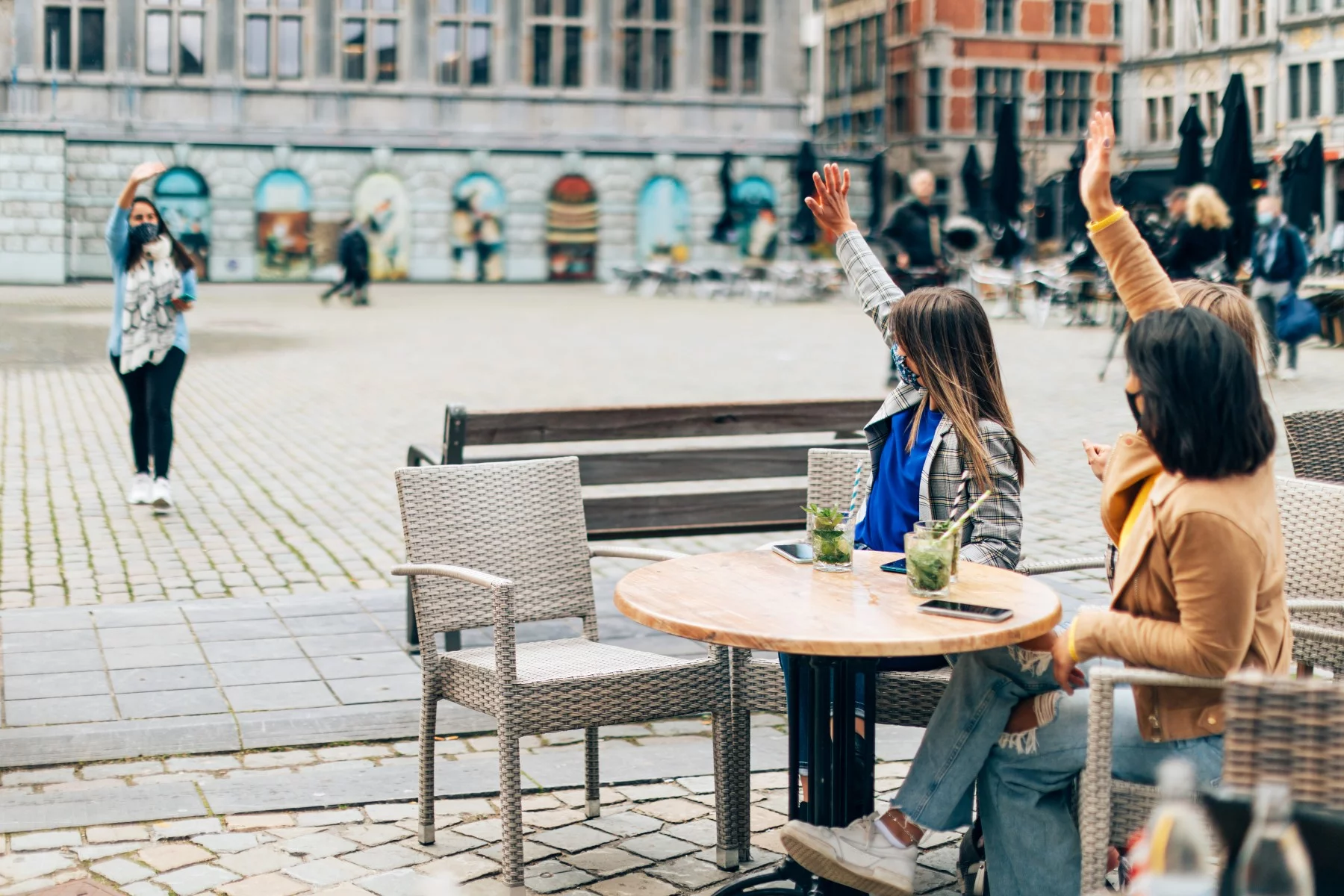
When you’re more familiar with the other person, the greeting etiquette in Belgium switches to three kisses on the cheek. In Flanders, the triple kiss is more commonly reserved for greeting a woman. Adult men usually opt for a handshake rather than a kiss. In Wallonia, you can greet someone with either one or three kisses. Adult men kiss their male friend’s cheeks as well.
Belgians use the formal ‘you’ (Dutch: u, French: vous) when addressing someone professionally or if they don’t know the other person well. For friends and more informal encounters, you can use (Dutch: je, French: tu), as well as the person’s first name. If you are unsure, you can stick to titles and surnames.
Punctuality is important in Belgian etiquette. You risk coming across as rude if you are late for an appointment, especially if a time has been specified. Make sure that you call or text ahead if you think you will be more than a couple of minutes late.
Belgians typically like to plan things in advance. That’s why it’s not good manners to just turn up at someone’s home unannounced unless you know they like surprises. Once something is in the diary, there is no need to call ahead to reconfirm.
Conversation and communication etiquette
Although each region has its distinct communication style, Belgians are generally quite reserved. They tend to avoid personal or intimate discussions and will only open up to close friends or family.
In contrast with their Dutch neighbors, they go for subtlety rather than directness. This can sometimes lead to confusion in conversations with internationals. Apparently, Belgians see the confrontational, passionate, and argumentative approach as rude and tend to resolve disagreements with logic rather than emotion.
Like in most countries, safe topics for small talk are art, culture, food, drink, and sports. It is important, however, to read the room before you launch into an impassioned monologue on football.
Another good conversation topic is the town, city, or neighborhood that you are in, especially if you can demonstrate some knowledge or interest.
Topics that are best to avoid are politics, religion, personal appearance, or anything related to earnings or wealth. Belgians are typically quite modest and don’t appreciate someone ostentatiously boasting about – or displaying signs of – wealth.
Jokes at the expense of others are also considered bad taste, even if you think it’s hilarious. Save it for a good friend who you are sure shares your sense of humor.
Belgian body language
Belgium might be one of the world’s most densely populated countries, but its inhabitants appreciate their personal space. This generally means you need to keep your distance at arm’s length (literally).
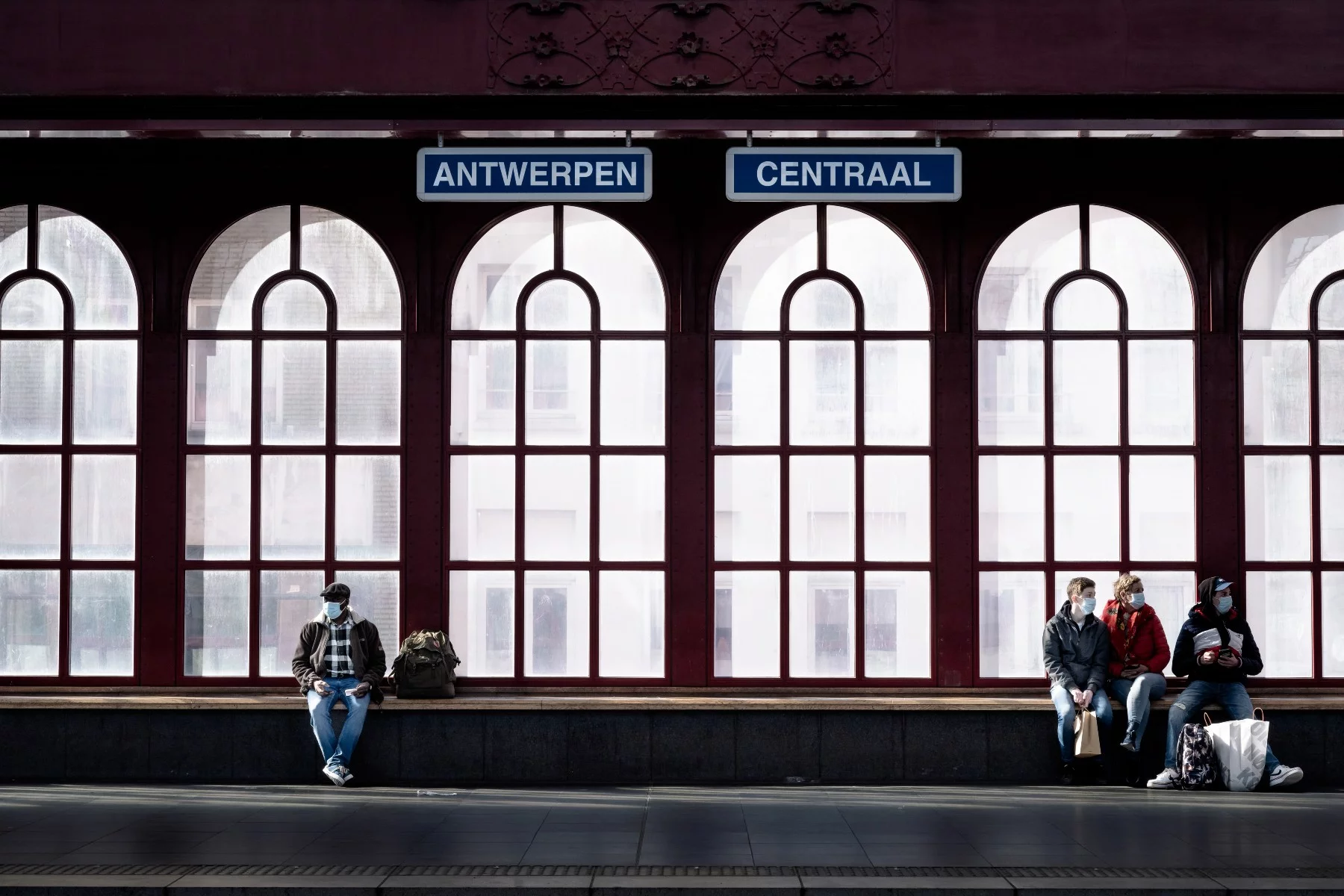
The key thing to remember about body language in Belgium is to maintain eye contact, smile, and avoid extravagant physical gestures. Belgians don’t normally use an awful lot of body language, and so you can’t rely on too many signs. However, inappropriate body manners include:
- Pointing with the index finger (rude)
- Giving a friendly slap on the back (aggressive and an invasion of personal space)
- Standing with hands in pockets when conversing with someone (a sign of disinterest or disrespect)
- Snapping your fingers to get attention (rude)
- Keeping your sunglasses on while talking to someone (a sign of hiding something)
Also important to note is that the international OK sign (making a circle with your thumb and index finger while pointing your other fingers upwards) quite literally means zero in Belgium.
Clothing and dress code
Belgium has no real dress code for men or women. Usually, you’ll see all sorts of fashion styles, brands, and colors out on the streets. However, typically, the clothing style is conservative and smart. Popular western casual clothing (e.g., jeans, t-shirts, shirts, skirts, dresses, and sneakers) is common.
Belgians don’t generally make a big fuss about dressing up to go out and socialize. If you go to a party in jeans and a t-shirt, you won’t look out of place (unless the invite has a specific dress code).
Some workplaces expect you wear formal clothing. For men, this is usually a dark-colored suit and dark, laced shoes. Women typically wear suits, smart dresses, or a blouse with a skirt or trousers. Formal shoes can be either flat or high-heeled.
Dining etiquette in Belgium
Socially, people will meet for drinks and dinner by going to a restaurant or inviting guests to their homes.
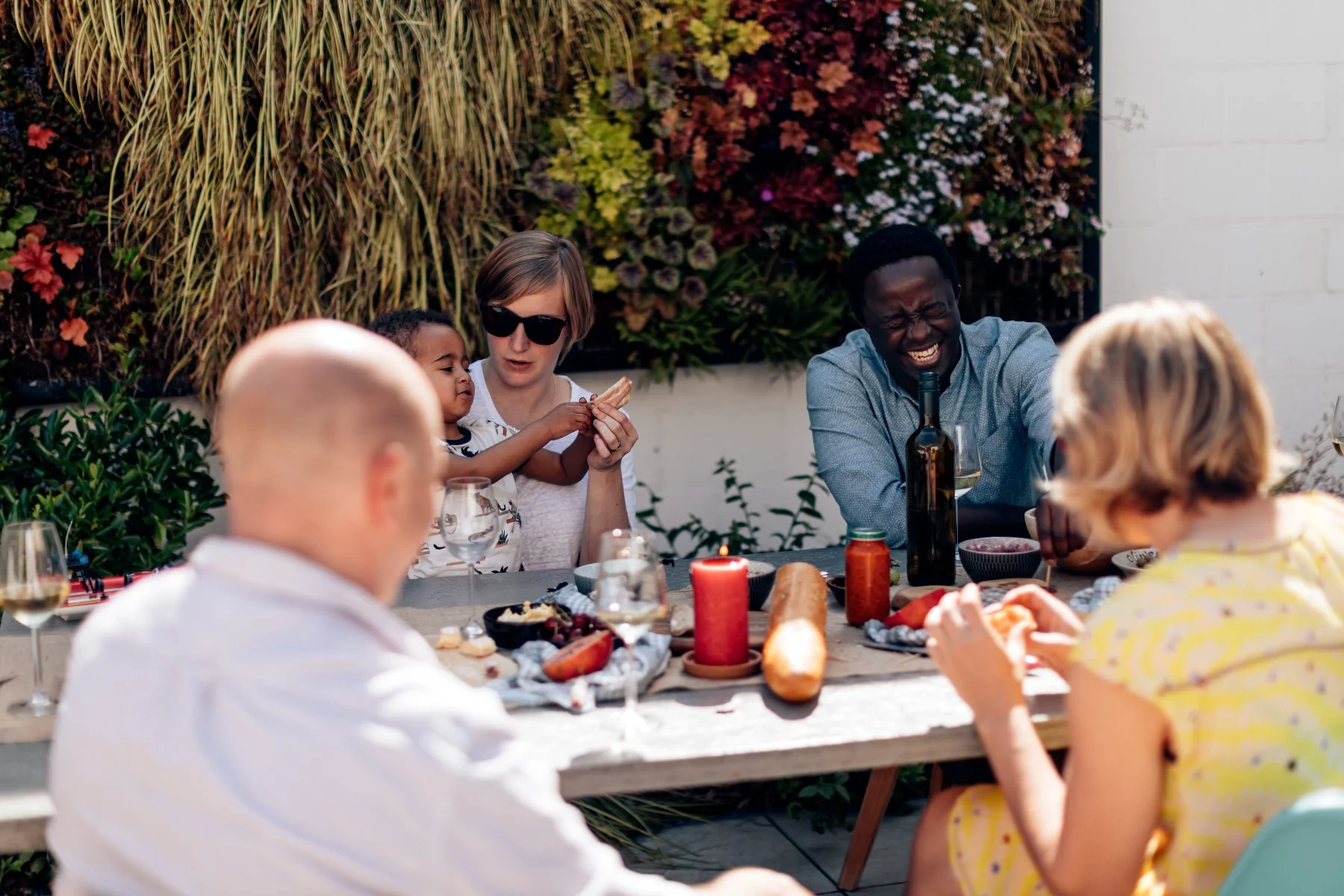
Dinner etiquette often includes a lot of waiting:
- Waiting to be seated
- Waiting for drinks to be offered (unless you are at a restaurant)
- Wait for someone to raise a toast before you start to drink (unless you are at a restaurant)
- Waiting for the host to start eating or say everyone can start
- Waiting for the food to cool off (instead of blowing on it)
During drinks or dinner, Belgians usually only toast during the first round. In Wallonia, you can say salud or santé, and in Flanders, you can say proost, gezondheid, or schol.
When you have dinner at a restaurant, it’s common for the table to split the bill evenly. You can use mobile payment apps to make this easier. Tipping the wait staff is not necessary, as bills normally include a service charge. However, if the food and service were excellent and you do wish to give something extra, you can tip 5–10%. It is not common to split the tip.
As already mentioned, snapping fingers is viewed as bad manners in Belgium. You can get the waiter’s attention by raising your hand or making eye contact instead.
Table manners
While at the dinner table, Belgians take after the continental European dining etiquette:
- Always keep your hands visible and your elbows off the table (you can place your elbows on the table during courses, but never during dinner)
- If there are shared dishes, you pass the food to the person on your right
- If you want something from a dish that is across the table, you should ask someone to pass it (rather than lean across the table to get it)
- Always use both hands while eating (unless you’re eating soup or dessert). You use the fork with your left hand and the knife with your right, except if you are left-handed.
- You should chew your food with your mouth closed. Never speak or drink when you have food in your mouth.
- If you need to leave the table, excuse yourself in advance. Do not do your makeup or check your phone at the table. Also, when someone excuses themselves, do not be nosey and ask what they are going to do.
- When you have finished your soup, tea, or dessert, you should place the spoon next to the plate or dish. Never leave your spoon in the cup or bowl.
- When you have finished eating other foods, you should place your cutlery in the middle of the plate. It can point up or to the right (however, always keep the blade of the knife pointing towards yourself).
- Do not push away your plate or pile the plates when you and others have finished eating
Belgians are quite sensitive about food waste. You should not pile more food on your plate than you are able to consume. However, you should also not scrape every morsel of food off your plate as this will come off gluttonous.
Cuisine is important in Belgium, so make sure to praise the host or cook for the quality of the meal. If you do not like the taste, it is better to use a euphemism, such as “it is different from what I’m used to.”
Socializing in Belgium
Although Belgians can be slightly reserved in terms of their demeanor, they do like to socialize. When you move to Belgium, there are plenty of ways to meet new people. For example, you can socialize at a museum, art gallery, music concert, or cinema.
Joining a sports club is also a great way to connect with new friends. Especially football and cycling are popular in Belgium. For instance, you could join long-distance, nationwide cycling races for amateurs called cyclos or granfondos.
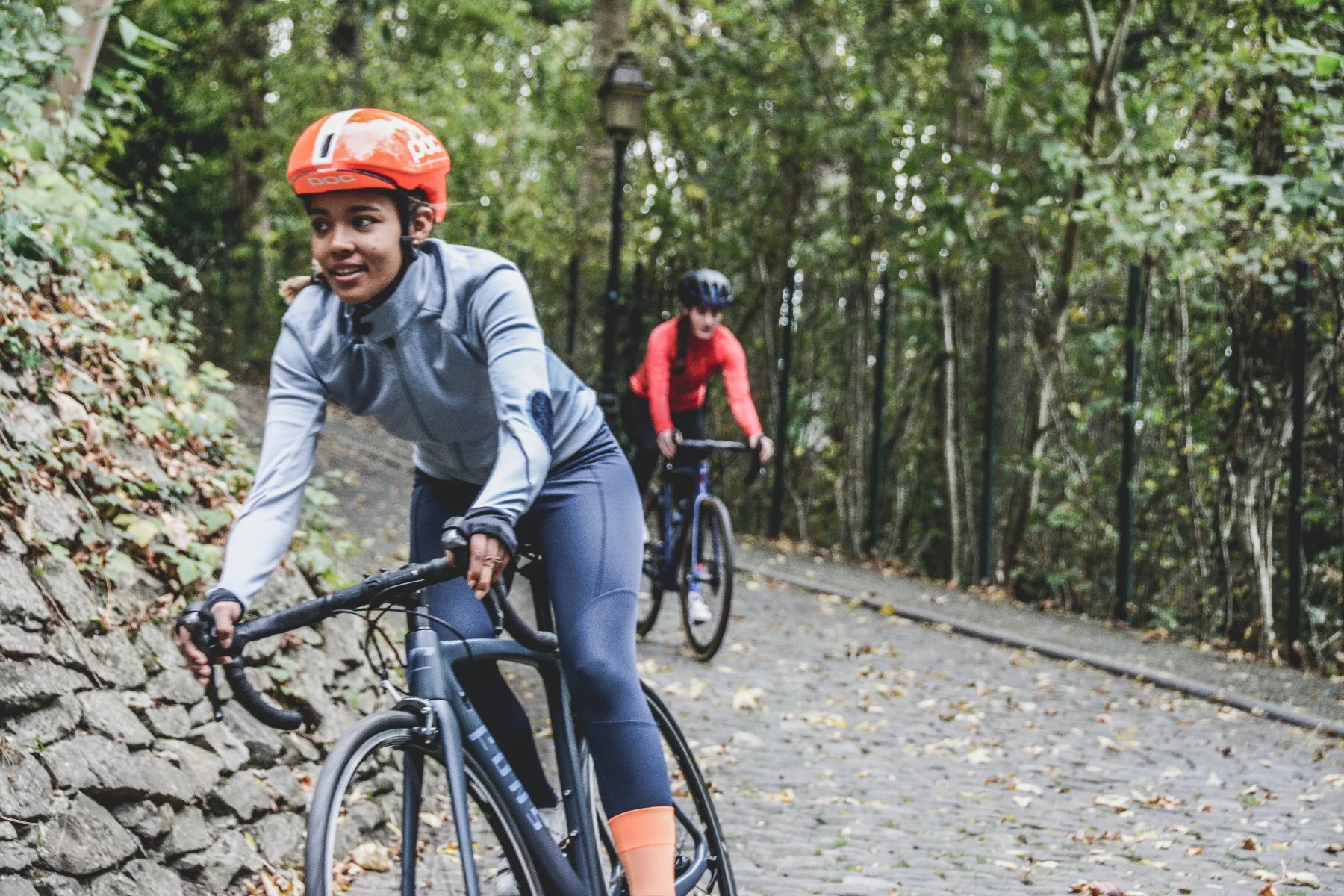
Another great opportunity to connect with new people is at bars and restaurants. Food and beers are both important to Belgian culture, and with 1,500+ different beers, ales, and stouts, the country is one of Europe’s most renowned beer producers.
Do keep in mind that excessive drinking isn’t healthy. If you are concerned about your alcohol consumption and drinking behavior, you can seek help.
Relationship etiquette in Belgium
Belgian people generally take things slow when it comes to dating and relationships. Rather than rushing into things, they spend quite a bit of time getting to know each and developing trust. That said, Belgians don’t generally play games when it comes to love.
Once trust is established, things can move pretty quickly and become much more romantic. So while they will not blurt out their feelings during the first few dates, when they do share, Belgians tend to be straightforward about their affection.
You won’t typically see couples smooching passionately in public. However, holding hands, embracing, and gentle, brief kisses are all common etiquette between couples in Belgium. When a couple is going steady, meeting other family members, such as parents and siblings, usually quickly follows.
Similar to many other European countries, Belgium has seen a steady decline in marriage over the past few decades. However, many weddings still take place, with over two-thirds of the population being married.
You can also enter into a cohabitation agreement, though you don’t have to be in a relationship for that. Same-sex marriages have been legal since 2003, and the country has a fairly liberal attitude to gay relationships.
Celebrations in Belgium
Belgium packs in a fair few holidays into its calendar. This is perhaps unsurprising for a country made up of distinct regional cultures. There are numerous regional festivals and carnivals, some of which are public holidays.
One of the biggest is National Day on 21 July, when Belgium celebrates its independence from the Netherlands. All public services are closed, and festivals and military shows are held across the country.
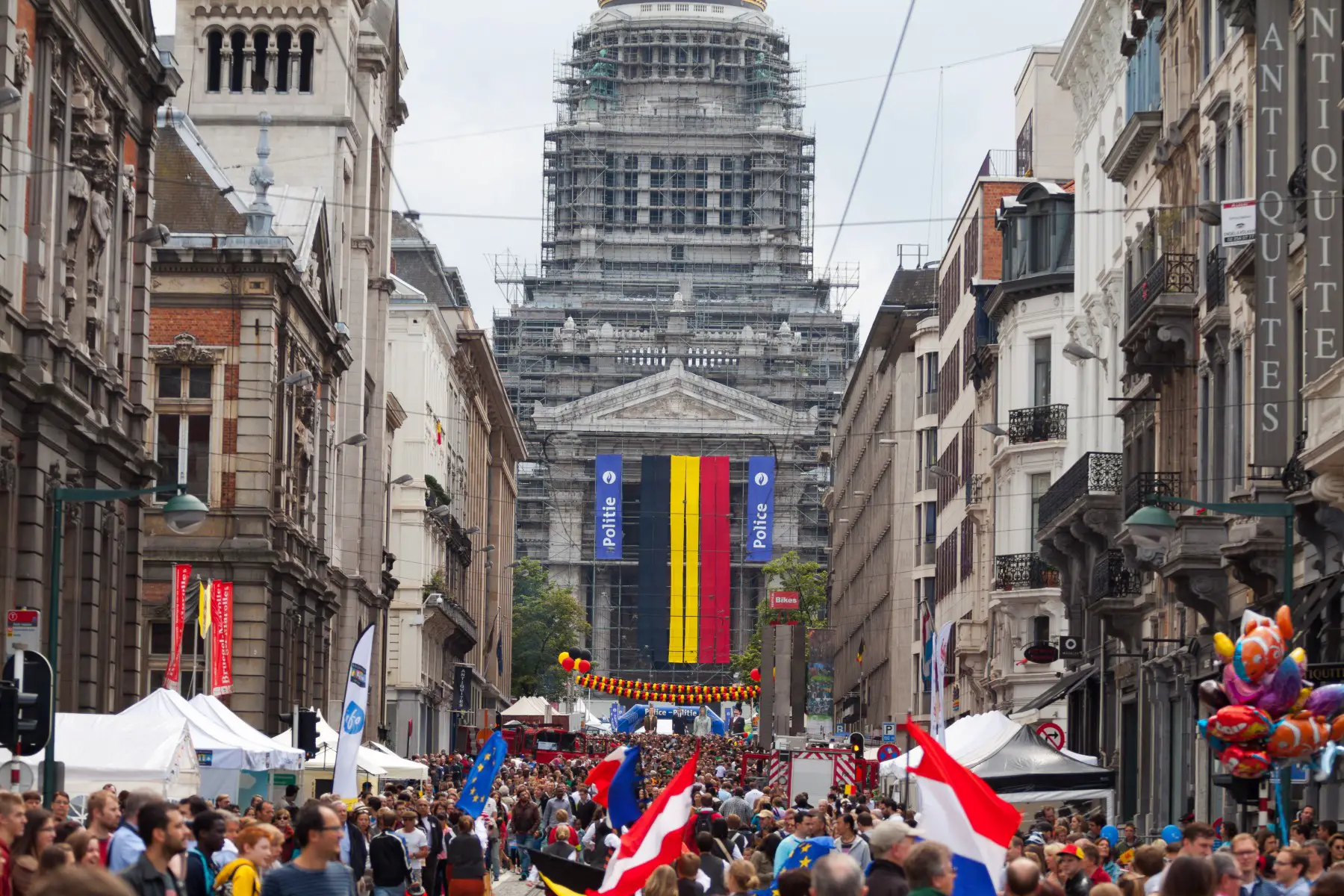
Religious holidays from the Christian calendar are also celebrated nationally, with Christmas being the biggest annual religious celebration. Most Belgians celebrate Christmas with their family, although Christmas markets are also a popular pastime. During the winter months, you can find many different types across the country.
Christmas in Belgium does not include a visit from Santa Clause. Instead, good children receive presents from Saint Nicolas (Wallonia) and Sinterklaas (Flanders) on December 6. Unlike the Dutch Sinterklaas, the Belgian saint and his helpers live in heaven and are treated to beer and coffee.
New Year’s Eve and New Year’s Day are also big celebratory occasions. People use this time to visit relatives or to gather in bars with friends to see in the new year.
Birthday etiquette
Similar to many other places, Belgian birthdays are celebrated with close family and friends showering you with gifts. However, it is customary for the birthday person to treat their friends and coworkers to cakes or pastries.
Birthday parties for children are very popular. Some parents book out a venue (e.g., an indoor soft play area) rather than hosting a party at their home. These parties typically involve a birthday cake or tart made with fruit and marzipan.
You can wish someone a Happy Birthday by saying bon anniversaire in French, gefeliciteerd in Dutch, or Alles Gute zum Geburtstag in German.
Gifting culture
In Belgium, it is common etiquette to open gifts immediately in front of the giver. This is to show you their happy reaction.
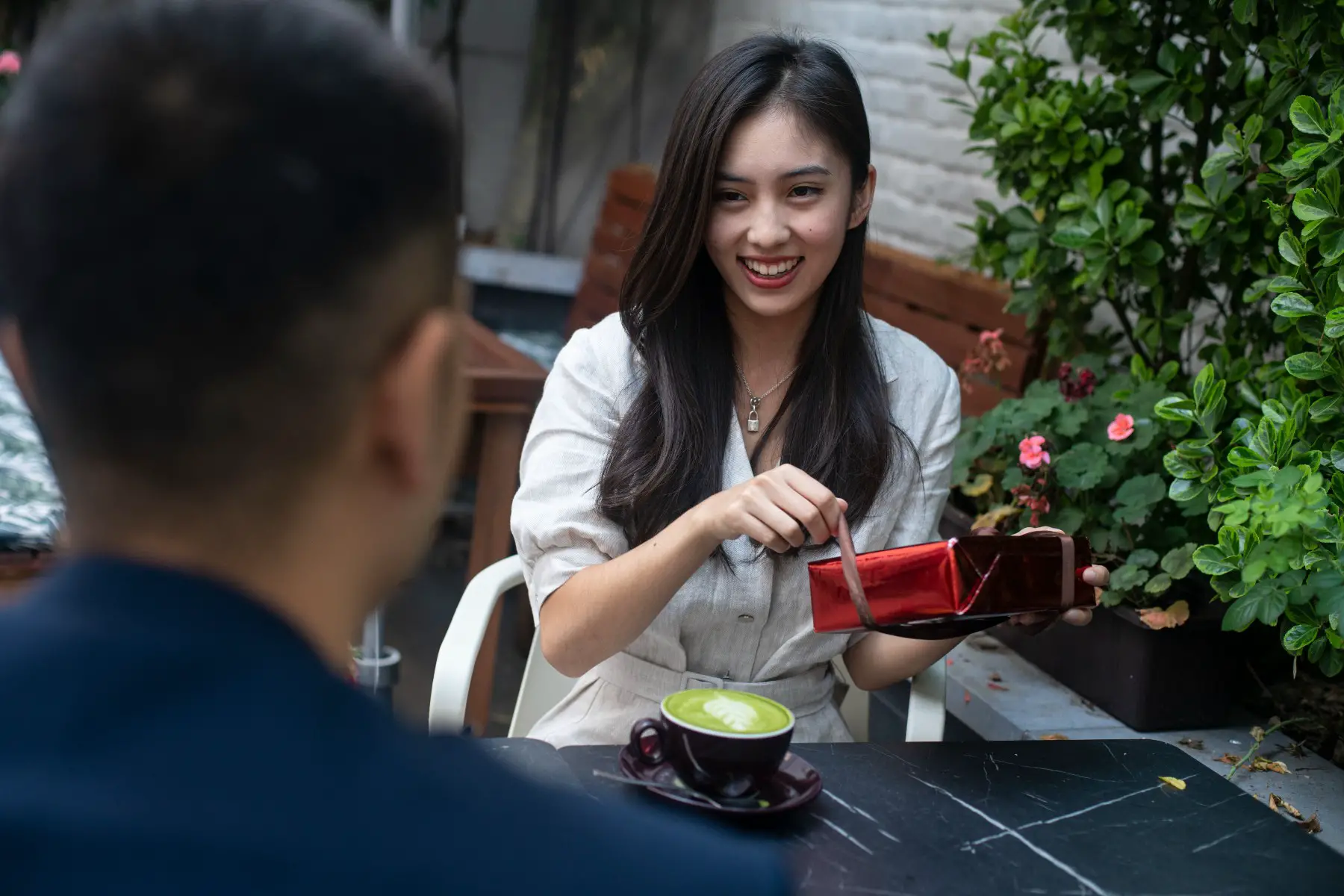
It is customary to bring a small gift when visiting someone’s home. These gifts should not be too lavish or expensive. Things like chocolates or flowers are usually well received.
If your host has children, you can also bring sweets or candy. You should only bring bottles of wine or alcohol if you are visiting family or close friends or attending a dinner party where this is appropriate.
It is not customary to buy or exchange gifts in the Belgian business culture.
Work and business culture
The organizational structure in Belgium is reasonably flat, and there is a degree of co-decision-making. This is especially the case in Flanders, where there is an influence of Dutch openness and egalitarianism. In Wallonia, companies tend to be slightly more hierarchical, with a senior manager making the decisions.
Belgians tend to keep their work and private life separate. There isn’t a great deal of socializing outside of working hours. Business meetings can take the form of lunches, but these are typically quite brief and formal affairs.
Keep in mind that punctuality is very important when it comes to meetings and appointments.
Belgians tend to exchange business cards either at the start or end of meetings. Expect there to be plenty of paperwork, negotiation, and compromise, as these are key attributes of business etiquette in Belgium.
Belgian shopping and services
As everywhere else in our modern society, shopping is a popular pastime in Belgium. You can find a wide variety of stores across the country, from big department stores to small independent boutiques and market traders.
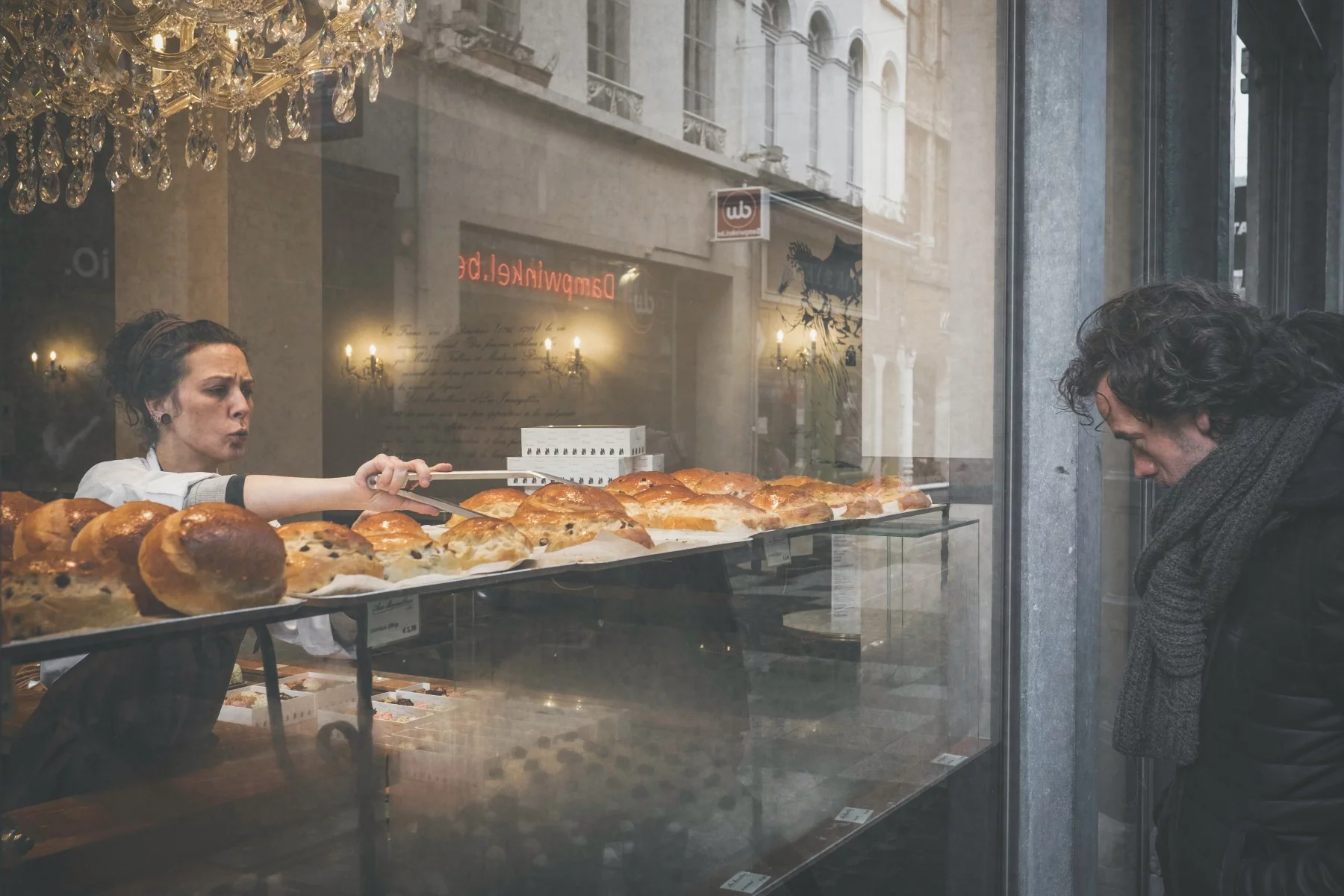
Businesses and service providers pride themselves on being highly organized and good at delivering what’s expected of them. It might come as no surprise, then, that in 2022 the country had a customer satisfaction score of 85%.
However, don’t expect any over-the-top smiles or showiness in face-to-face interactions with customer service. This isn’t part of retail etiquette in Belgium. As such, the reservedness of Belgian staff is often mistaken for rudeness by foreigners who are expecting a ‘customer is always right’ approach.
Tipping etiquette in Belgium
Tipping is not something that is very common. Wage levels are pretty good by international standards, even for lower-paid jobs. Moreover, many businesses (including restaurants and taxi services) have incorporated a standard 10–15% service fee in their rates. However, if you are particularly happy with the service, you can round up a bill or leave a few extra euros.
Useful resources
- Belgium.be – central government website
- Vlaanderen – official government website for the Flanders region
- Wallonia – official government website for the Wallonia region
- City of Brussels – the official website for the Brussels-Capital region
- Ostbelgien – the official website for the German-speaking East Belgium region






